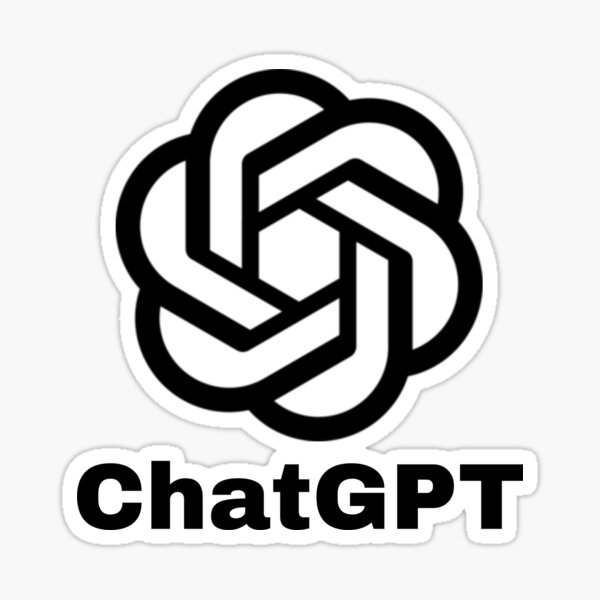
GPT-4 remarkable benefits - Unveiling the future of AI
GPT-4 promises to be more sophisticated, powerful, and capable of achieving a human-like understanding of language
Artificial Intelligence has been a topic of discussion for many years, and its applications have been revolutionizing many industries. One of the latest developments in the field of AI is the upcoming release of the fourth-generation language model, GPT-4.
GPT-4 is a language model developed by OpenAI that builds upon the successes of its predecessor, GPT-3. GPT-4 promises to be more sophisticated, powerful, and capable of achieving a human-like understanding of language.
GPT-4 is a continuation of the GPT-3 model, which has already set new standards in the field of natural language processing. In this blog post, we will explore the remarkable benefits of GPT-4 and what they could mean for the future of AI.
Self-hosted AI-powered WhatsApp Marketing Software
Say goodbye to cost constraints and monthly subscriptions as you take full charge of your data, making our software the clear choice for individuals or savvy entrepreneurs looking to tap into WhatsApp marketing.

Enhanced language understanding
The most significant benefit of GPT-4 is its enhanced language understanding. The new model is expected to have a more profound understanding of the language and context, which will enable it to perform more complex tasks such as language translation, summarization, and question answering with greater accuracy.
Better performance on low-resource tasks
Another exciting benefit of GPT-4 is its improved performance on low-resource tasks. These tasks involve understanding languages with limited resources and are difficult to perform for most language models. GPT-4's improved language understanding will allow it to perform better on these tasks, which will make it more accessible to a broader range of users and applications.
More data and more accurate data
One of the primary reasons for GPT-4's improved language understanding is the vast amount of data it has been trained on. GPT-4 will be trained on a much larger dataset than GPT-3, which will enable it to learn from more diverse and complex data. Moreover, the quality of data that GPT-4 will be trained on is expected to be much higher than that of GPT-3, which will lead to more accurate and reliable results.
Improved accuracy and efficiency in language generation
GPT-4 is expected to generate more accurate and efficient language than GPT-3. This means that it can generate more coherent and contextually appropriate language, which is critical for applications such as chatbots, voice assistants, and language translation.
Improved fairness and transparency
GPT-4 is expected to be more transparent and fair than GPT-3. The model is being developed with a focus on addressing the biases and limitations of its predecessor. The improved fairness and transparency of GPT-4 will make it more accessible to a wider range of users and applications.
Enhanced speed and efficiency
GPT-4 is expected to be faster and more efficient than its predecessor. This is because the model will have been trained on more significant and better-quality data, which will enable it to generate language more quickly and accurately. The improved speed and efficiency will make GPT-4 more suitable for real-time applications, such as chatbots and voice assistants.
Greater versatility and flexibility
GPT-4 is expected to be more versatile and flexible than its predecessor. The new model will be able to adapt to different contexts and environments, making it suitable for a wide range of applications. It will also be more adaptable to new and emerging technologies, which will enable it
Conclusion
In conclusion, the release of GPT-4 is an exciting development in the field of natural language processing. The improved language understanding, data, performance on low-resource tasks, accuracy, efficiency, fairness, and transparency of GPT-4 will have a significant impact on the way we interact with language-based technologies. It promises to be a game-changer in the field of natural language processing and is eagerly anticipated by researchers and developers alike.



